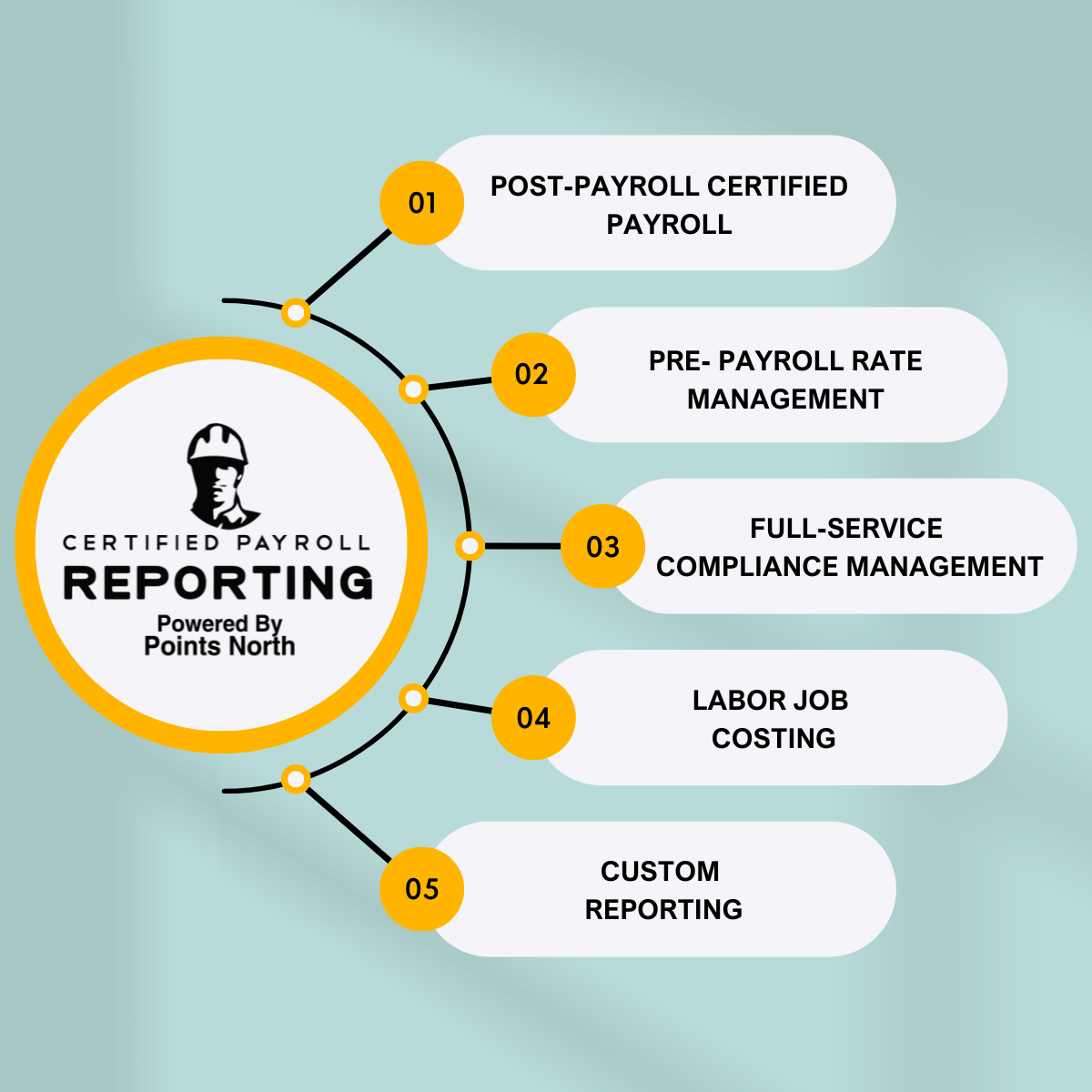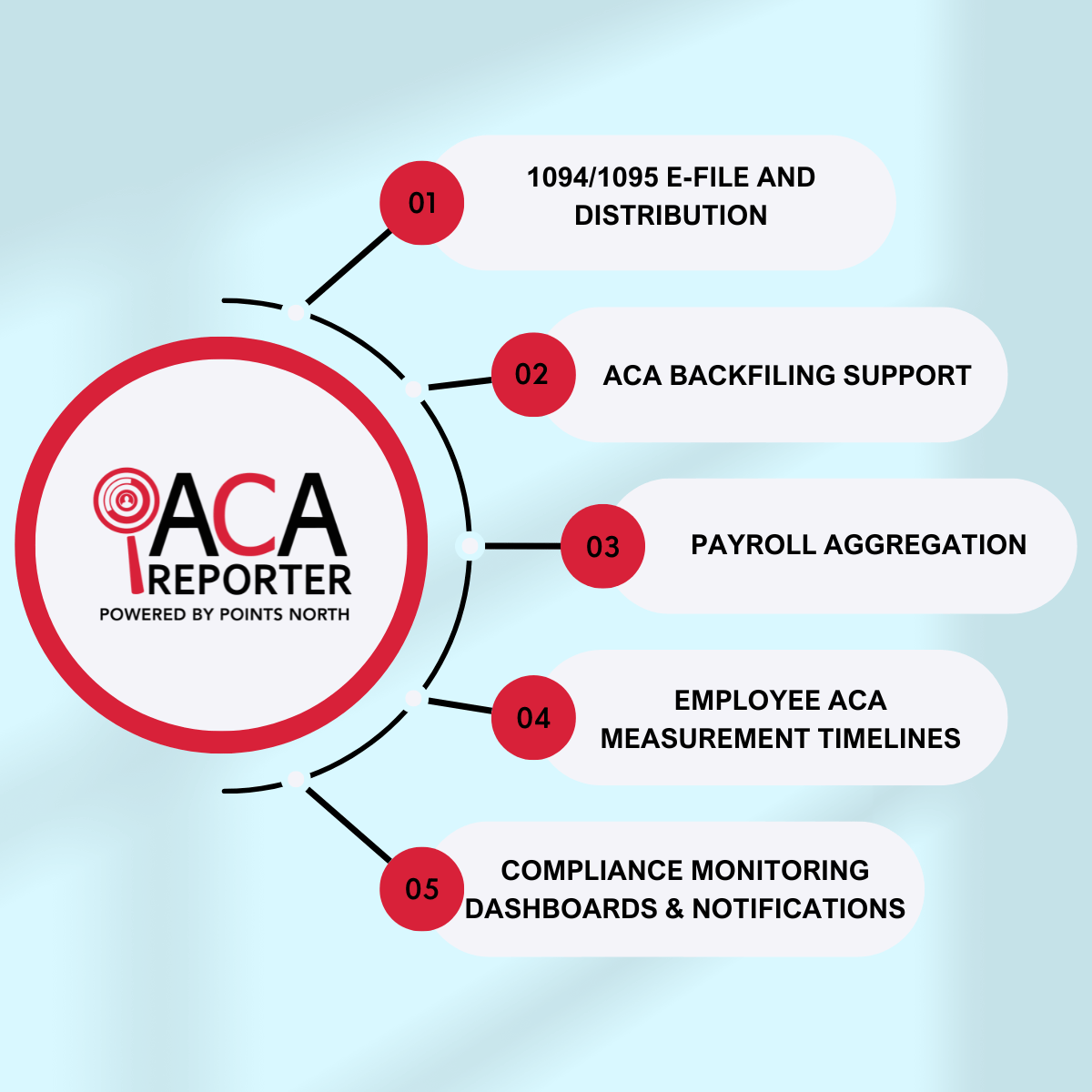
The United States has 173,000 miles of major roads and highways, plus 45,000 bridges, in poor condition. The $1.2 Trillion Infrastructure Investment and Jobs Act became law on November 15, 2021. It invests in America’s economic development, foundation, understructure, and technology.
This is the largest bridge investment since building the interstate highway system. The Act invests $110 billion into our roads, bridges, and major transportation projects.
Another $25 billion goes into upgrading and expanding airports. This includes control systems and control towers.
There is $550 billion designated for a variety of upgrades. Some areas of improvement are clean drinking water and wastewater. The list includes rebuilding public transportation, high-speed internet, and clean energy.
The Act creates approximately 800,000 good-paying construction jobs. Expanding our middle class is a benefit. It will also revitalize our utilities, communications, and transportation systems.
If you’re asking “how are contractors affected?” keep reading. We will cover how this new legislation impacts construction company owners and managers. Learn how to meet payroll reporting requirements using a centralized software database.
The Davis-Bacon Act and Prevailing Wage
Contracts under the Infrastructure Investment and Jobs Act must follow the Davis-Bacon Act. It requires paying construction coworkers the local prevailing wage and fringe benefits. This allows contractors to compete for federally assisted or funded construction contracts.
Projects listed below that receive federal funding must follow all requirements. Construction contracts must include Davis-Bacon labor standard clauses and wage determinations.
A wage determination (WD) is a combination of wages, benefits, and work rules. The Department of Labor sets the prevailing wage for a specific location.
Construction contractors must ensure workers receive applicable wages and fringe benefits. This rule is for all hours worked.
Davis-Bacon Compliance Principles
The Davis-Bacon Act applies to workers who are on the actual job site. Those performing physical or manual duties must receive wages according to the Act.
This includes trainees, helpers, and apprentices. It also applies to guards and watchmen for the Contract Work Hours and Safety Standards Act (CWHSSA). Foremen working on-site must receive the Davis-Bacon (DB) rate if they are not 541 exempt.
Inspectors, architects, engineers, and timekeepers are not subject to the DB rate. It also doesn't apply to administrative, professional, and executive employees.
What Is Davis-Bacon Prevailing Wage?
The term “prevailing wage” refers to a combination of the basic hourly rate (BHR) and irrevocable fringe benefits (FB). The FBs are contractor contributions to a trustee or third party for a credible FB program or plan. The rate of those contractor FBs helps the contractor meet requirements.
Fringe benefits are a prevailing wage component. This means the contractor meets the wage determination by paying:
- Basic hourly rate (BHR) and fringe benefits (FB) in cash
- Contributing payments to a bona fide FB plan
- Any combination of the above
Contractors must pay workers fringe benefits every week for all hours worked. If cash paid exceeds BHR, it can offset or meet the obligation for FB.
For example, if the BHR is $13 and the FB is $2, the prevailing wage is $15 per hour. The contractor can meet the prevailing wage requirement by paying:
- $15 in cash wages
- $13 in cash wages plus $2 for FB
- $11 in cash wages plus $4 for FB
Fringe benefits include life and health insurance. Other benefits are vacation pay, sick pay, holiday pay, and pensions.
Contractors receive credit for official fringe benefits made to third-party insurers or trustees. They must make payments at least quarterly and they are irrevocable.
Contractor Prevailing Wage Requirements
There are extensive requirements for compliance with Davis-Bacon. This includes discharging a prevailing wage obligation and computing overtime. There are also requirements for payment of workers performing duties at two rates.
Contractors performing work according to the Davis-Bacon labor standards have employee notification obligations. They must display a poster of the “Employee Rights under the Davis-Bacon Act” at the worksite.
They must also display the wage determination where seen by workers. This allows workers to confirm their wages are following the Davis-Bacon Act.
Local prevailing wage refers to the highest pay rate. Even though this is a federal government contract, you need to pay the highest rate. This may be the prevailing wage set by the state or federal government.
The contractor has an obligation to maintain accurate records. Those documents must contain the hours worked and wages paid, including benefit contributions.
Contractors must submit a certified payroll report every week. The report goes to the funding recipient or agency.
What Is Certified Payroll?
Contractors must submit Certified payroll reports every week under a government contract. These reports confirm you are paying your workers fairly. There are strict rules you must follow in preparing these reports.
You must use Form WH-347 to prepare the report for federal contracts. You need to submit the form within seven days of the regular pay date every week.
Before submitting, you must sign a statement of compliance on the back of the form. Authorized officers who supervise the payment of wages may sign the form. The signer must be someone who can confirm the report information is accurate.
Some states also have state-specific certified payroll reports. They usually request the same information as WH-347 in a different format.
This rule of the Davis-Bacon Act is for every construction contract exceeding $2,000. The contract requires a clause establishing minimum wages paid to workers and mechanics.
Acts that must comply with this the Davis-Bacon Act include:
- Federal-Aid Highway Acts
- Housing and Community Development Act of 1974
- Federal Water Pollution Control Act
- Infrastructure Investment and Jobs Act
The term "construction" has a broad definition within the act. It includes things such as painting, decorating, plumbing, electrical, cleaning, and drywall. A wide variety of contractors may need to follow the DB Act when working under a government contract.
Record-Keeping Requirements and Penalties
Contractors need to maintain copies of certified payroll records. You must keep three years of records following federal project completion. For a state project, you will usually need to save your records for 2-4 years.
If you violate the Davis-Bacon contract clauses your contract may be canceled. You will be liable for any costs to the government. You will also suffer disbarment from further government contracts for three years.
Violations of the act include:
- Not classifying laborers and mechanics correctly
- Not paying the full prevailing wage, including fringe benefits, for all hours worked
- Inadequate record-keeping
- Not submitting certified payroll weekly
Prime contractors can be liable for subcontractor violations. The prime contractor is responsible for making sure workers receive prevailing wages.
Prime contractors must verify subcontractor contracts are compliant with the Davis-Bacon Act. Each subcontract must contain proper "flow down" contract clauses and wage determinations.
You are liable for a subcontractor's noncompliance with Davis-Bacon Act prevailing wages. Both you and the subcontractor can be jointly and severally liable.
When there is an accusation of a violation, the government can withhold payment. Employers may file disputes over payments withheld before a violation determination is made. The government is not likely to release any funds until the matter reaches a resolution.
The government may also assess liquidated damages for unpaid overtime. This applies if the prime contract is in excess of $100,000. The assessment for liquidated damages is $29.00 per day for each employee.
Government contracts pay well, but understanding the rules and regulations is complex. Prevent mistakes by enlisting software company services that keep you compliant. Using Points-North software you can meet Davis-Bacon payroll requirements.
Projects Requiring Davis-Bacon Act Compliance
There are several federal projects that must comply with the Davis-Bacon Act. Here are some of them.
Bridges, Roads, Public Transit
Federal contracts to repair or replace bridges require Davis-Bacon compliance. This also applies when part of a major project competitive grant program.
There are two acts that fall under this project category:
- Surface Transportation Reauthorization Act
- Surface Transportation Investment Act funding
Projects for transportation systems include the expansion of transit systems. It also supports clean transit and working on the transit system repair backlog.
Ports, Waterways, Airports
This project deals with improvement grants for airports. Areas for improvement are gates, taxiways, and runways. It also covers terminals and air traffic control infrastructure.
Waterway contracts involve coastal and waterway infrastructure and inland waterway improvements. The project covers both port and land ports of entry infrastructure.
Water Infrastructure, Power and Grid
The Drinking Water and Wastewater Infrastructure Act of 2021 falls under this category. This includes grid reliability and resiliency and lead service line replacement. Other areas are:
- Technologies dealing with direct air capture
- Energy efficiency
- Carbon capture
- Hydrogen
Federal contracts also cover clean energy supply chains and critical minerals.
Enhanced Disaster Resiliency
Cybersecurity funding contracts fall into this category. Other federal construction contracts cover coastal resiliency plus flood and wildfire migration. Heat stress and ecosystem restoration are other government contracts.
The home weatherization part of this project gives priority to low-income individuals.
Low Carbon and Zero-Emission Ferries and Buses
Contracts include the construction of ferry boats and ferry terminal facilities. It also covers bus facilities, bus testing facilities, and zero-emission buses.
Electric Vehicle Charging
This project deals with the construction of alternative fuel corridors. The goal is to build a national network of electric vehicle charging infrastructure.
EV charging stations create opportunities for businesses to service visitors. More states are taking action against carbon emissions. This is increasing the demand for electric vehicle charging.
The focus for this is on rural, hard-to-reach, and disadvantaged communities.
Legacy Pollution
This project oversees the clean-up of brownfield and superfund sites. These are areas the EPA has designated as environmentally hazardous. This can be due to contaminants, pollution, or other issues.
The project also reclaims abandoned mine lands and plugs orphan oil and gas wells.
Passenger and Freight Rail
This project covers construction work necessary for our railroad system. Planned upgrades or repairs include the Amtrack national network and Amtrack northeast corridor. It also addresses freight and rail safety issues.
Importance of Compliance Software
The Infrastructure and Investment Jobs Act projects may add up to 1.5 million jobs a year for the next 10 years. Accurate management of the payroll process when undertaking government jobs is critical.
Your staff must capture timecards, make accurate calculations, and complete certified payroll reports. You need an efficient way to manage this process.
Construction accounting software allows you to manage more data by automating more processes. This reduces the risk of human error that can cause incorrect reports and violations.
It is important to make sure every worker has the proper classification for their hours on the job. Workers may be eligible for different wages depending on the work they perform. Duties throughout the day may place them under two different prevailing wages.
Certified payroll software makes it easy to meet Davis-Bacon requirements. It allows you to define various rate tables so you can determine which to use.
The software uses data on your worker's timecards. It then calculates the hourly rate plus fringe benefits. It also helps you calculate options for fringe benefit accruals and deductions automatically.
The software system will complete your weekly certified payroll reports automatically. You can print form WH-347 or do an electronic submission for Davis-Bacon wages.
Your Points North software will also handle any mandatory state wage forms. You can use these reports to complete Form WD-10 for Davis-Bacon wage determinations.
As a construction contractor, concentrate on getting projects done. Put your mind at ease by making sure your company has the compliance software necessary.






.png)